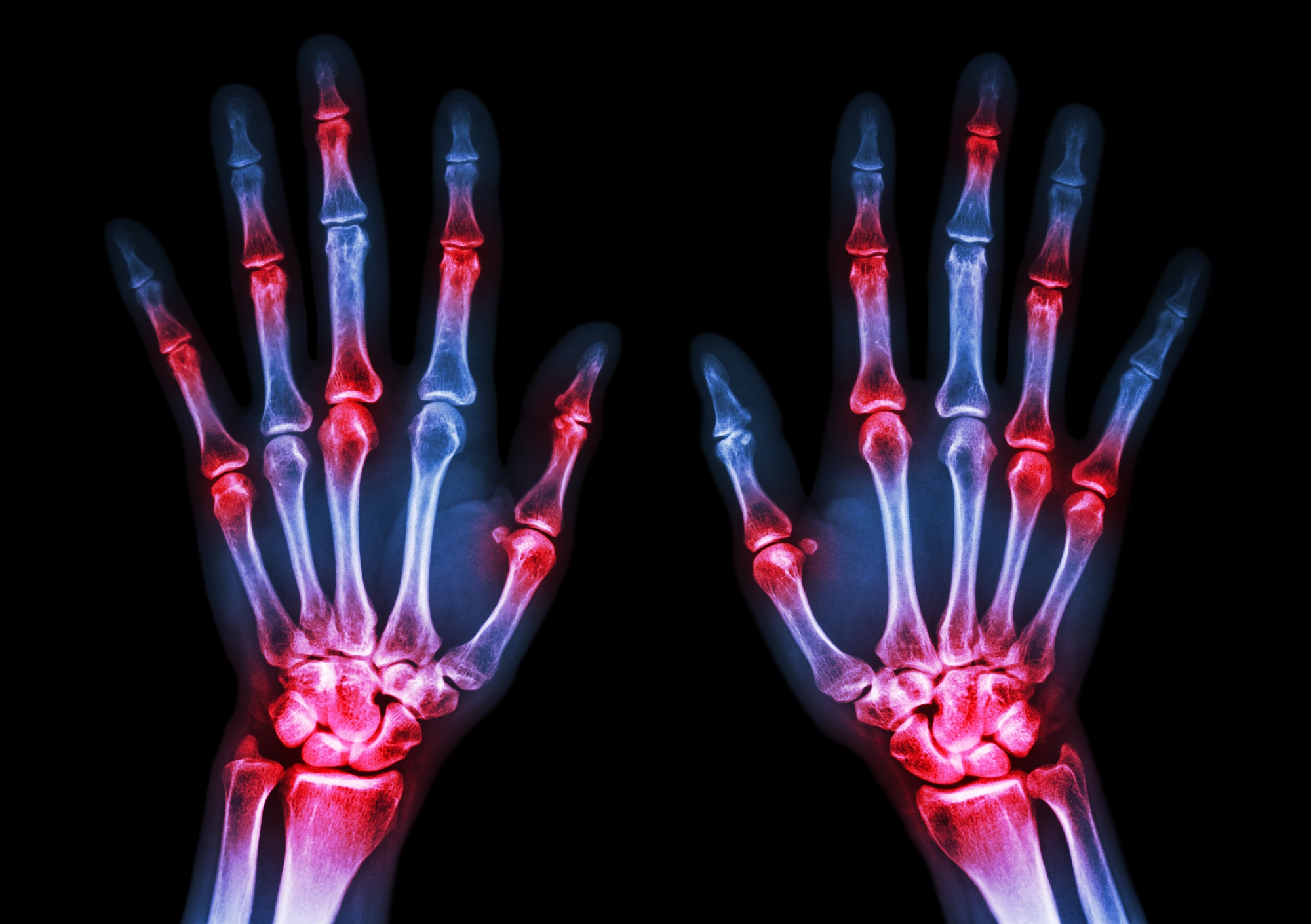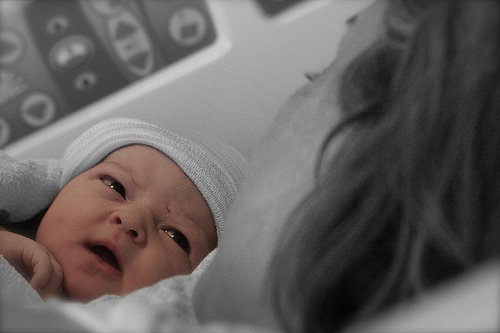The Importance of Mindful Eating Mindful eating is a practice that involves paying full attention to the experience of eating and drinking, both inside and outside the body. It involves being present in the moment and engaging all of your senses while eating. This approach to eating encourages individuals to develop a healthier relationship with […]
If you have any variation of arthritis, you know the pain can be unbearable.
I recently came across this article that shows the importance of weight loss to help reduce the pain in osteoarthritis patients. From the article:
It shouldn’t come as a shock that incorporating regular physical activity into your life will help lower your chances of dealing with health issues in the future. But, in case you were questioning the validity of that claim, here’s new proof: A recent study published in the Journal of American Medical Association found that people in their 70s and 80s who took part in a moderate-intensity exercise program over several years were more likely to retain their ability to get around independently.
Cereal is a quick and easy option for breakfast for kids, but a recent study discovered U.S. children are consuming more than 10 pounds of sugar annually if they eat a typical morning bowl of cereal. More from this Reuters article:
There are a lot of myths about weight loss out there, when the only real solution to losing weight is to eat healthy and keep an active lifestyle with regular exercise.
I guess it comes as no surprise that I tend to keep an eye out every week for news articles and stories regarding obesity and weight loss. As some might say, I have a dog in this fight. Battling my obesity is one fight I plan to win – and information is key!
So, here are a few articles which caught my eye and may be of interest to fans of my weight loss blog.
What will they think of next?
A new app called SkinneePix lets users shed virtual weight and can trim from five to 15 pounds of virtual fat for a slimmer selfie look.
The founder explains more in this article on Reuters:
I recently came across some very important data that supports my message to new mothers that losing baby weight is crucial in order to avoid potential health risks.
From this BBC News Health article:
“There may be a scientific basis for the post-pregnancy adage, ‘Nine months on, nine months off’. Doctors in Canada say three to 12 months after birth is the key time to start losing the ‘baby weight’. Mothers who fail to lose excess weight within a year after delivery or put pounds on may be risking their health, they report in Diabetes Care. Women in this group have higher blood pressure and other risk factors for later diabetes and heart disease.
Eating disorders and weight gain is a sensitive subject, and I truly empathize with anyone who has every struggled with an eating disorder. But, prevention starts with awareness and discussion, so I believe it’s important to educate and talk about this topic so we’re all aware of how to prevent serious eating disorders from affecting our loved ones.
- Tags:
- teen eating disorders
Reuters recently reported on how Johns Hopkins University analyzed data from a U.S. survey of 24,000 people over a period of 10 years related to diet soda and obesity. From the article:
In the study, published in the American Journal of Public Health, overweight drinkers of diet beverages in the United States ate 1,965 in food calories a day compared to 1,874 calories among heavy people who drank regular sugar-sweetened beverages. Among obese diet beverage drinkers, those who consumed low- or no-calorie drinks ate 2,058 calories a day in food versus 1,897 food calories for those who had regular drinks, researchers said.









